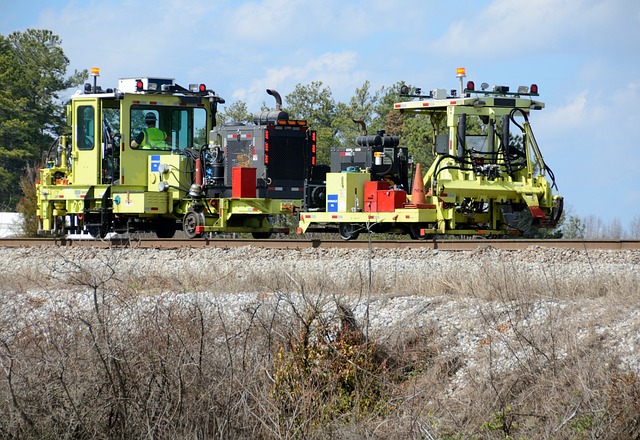
It is the most common question we hear from injured railroad workers after an on-the-job injury. It may not be the first question, but everyone inevitably wants to know, “how much do you think my railroad injury case is worth?” It’s understandable. Money is the way the injured workers are compensated under the Federal Employers’ Liability Act. The answer to the question, however, is not that easy.
When discussing case value with clients, I often break it down into two important considerations. The first consideration is what we refer to as “liability.” In other words, is the railroad responsible for your injuries? Unlike workers’ compensation, which is a no-fault system, railroad workers must prove that their railroad employer’s negligence somehow caused or contributed to their injuries. They must be able to prove what the railroad (or any of its employees) did wrong that led to the injury. If an injured worker is unable to prove that the railroad did anything wrong, they are not entitled to compensation. None. In many cases, it may not be abundantly clear what the railroad did wrong. That is why it is always important to consult a FELA lawyer after an injury, as we can collect evidence that will help develop a theory of liability that may not be readily available to a worker on his or her own.
The other primary consideration when determining case value is damages. The term “damages” refers to all the ways in which an injury negatively impacts a worker’s life. Under state worker’s compensation laws, workers are compensated with medical treatment and a small portion of their wages for on-the-job injuries. The FELA, on the other hand, provides for a full recovery of a railroad worker’s entire range of losses. This includes both economic and noneconomic losses. Economic losses include medical expenses, past and future lost wages, and loss of earning capacity. These losses are usually easy to quantify. Non-economic losses, however, are more subjective and account for the pain and suffering a worker experiences as a result of their injury. Both physical and emotional.
Suffering a traumatic injury an on-the-job injury can be a very stressful time for a railroad worker and not knowing how much compensation you may be entitled to only adds to that stress. Thankfully, most railroad workers qualify for Railroad Retirement Board sickness benefits as well as supplemental disability benefits while their FELA claim is pending. If you or a loved one is a railroad worker who sustained an injury on the job, call us today to find out how much your case may be worth. Our consultations are always free.





